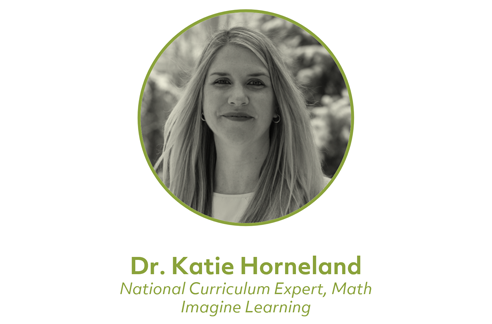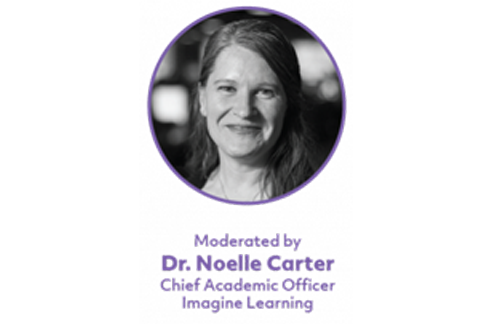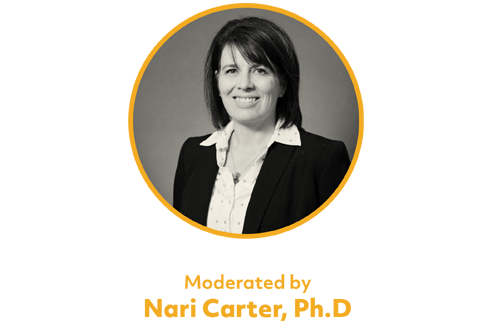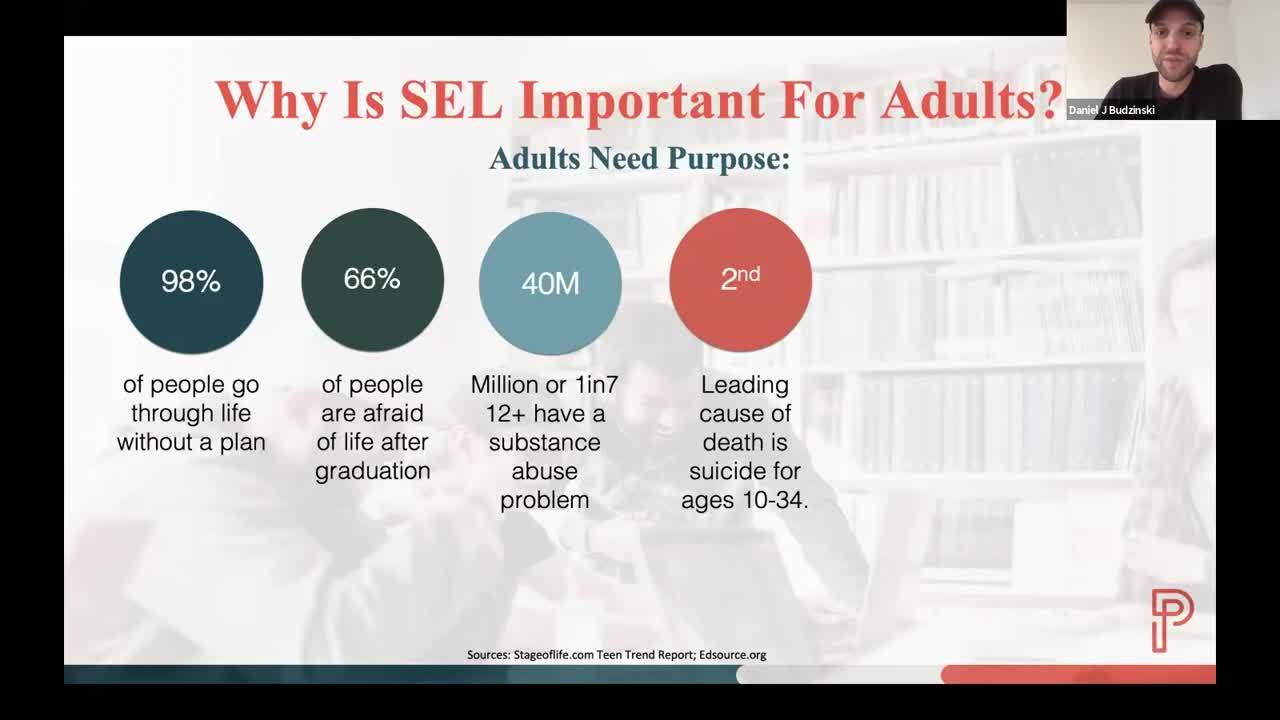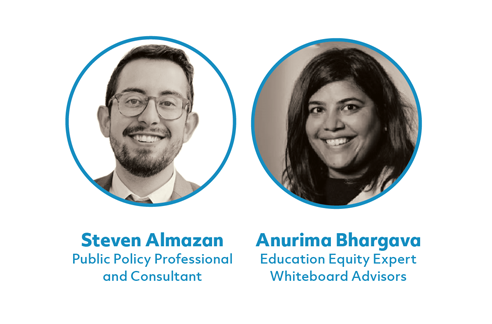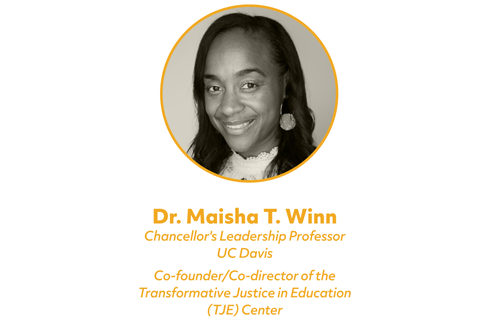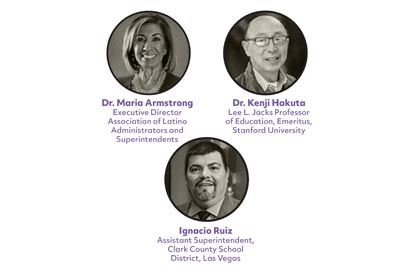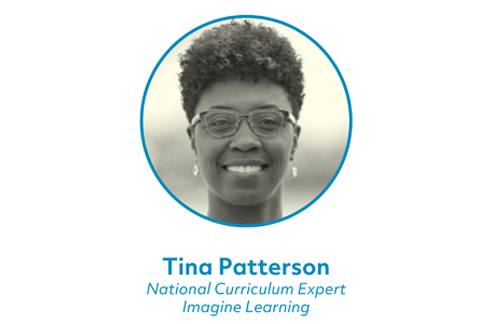November 18, 2024 3:52 pm
How Educators Can Tackle Academic Integrity in Online Learning
Academic integrity is one of the biggest challenges educators face in today’s digital classrooms. Imagine Learning’s recent webinar explored how widespread cheating has become, why students resort to it, and the cutting-edge strategies available to address it.
Maintaining academic honesty is essential to fostering a productive learning environment, but as more learning takes place online, the avenues for academic dishonesty have increased. Imagine Learning’s recent webinar, “Navigating Academic Integrity in Online Learning,” featured insights from Deborah Rayow, VP of Product Management, and Cindy Rojas, Product Management Director. Together, they addressed the current scope of academic dishonesty, how digital tools have complicated the landscape, and what educators and districts can do to create an environment of integrity.
Understanding the Scope of Academic Dishonesty
“Cheating has certainly been an issue in education for as long as there’s been secondary school and colleges,” shared Deborah Rayow, reflecting on the persistence of this challenge. Cheating rates have grown alarmingly over the decades. In the 1940s, only 20% of college students admitted to cheating. Today, that number has surged, with studies showing that anywhere from 75% to 98% of college students admit to some form of dishonesty. Even at the high school level, around 95% of students admit to cheating.
Why the sharp rise? Rayow suggested it may come down to perception: “The vast majority of students who cheat report believing they won’t be caught.” When students feel disconnected from the learning process or doubt they’ll be held accountable, they may be more inclined to engage in dishonest behavior.
Actionable Advice:
Districts should consider adopting clear policies on academic integrity, making expectations and consequences known. By providing training and resources that align with these policies, districts can support teachers and create a consistent approach across schools.
Modern Cheating Techniques and Digital Challenges
In today’s digital classrooms, students have access to a variety of tools that make cheating easier and more sophisticated. From scripts and bots that can automate tasks to answer-sharing platforms, students can leverage technology to bypass traditional learning efforts. “Our data tells us that students feel empowered by these tools because they feel the risk of being caught is low,” explained Rayow.
Actionable Advice:
Educators can reduce opportunities for dishonesty by diversifying their assessment strategies. Consider options such as:
- Randomized Question Pools: By presenting unique questions for each student, it becomes harder for students to share answers.
- Timed Assessments: Limiting the time allowed for each assessment reduces the likelihood of students using outside resources.
- Project-Based Learning: Moving away from traditional exams and using project-based assessments gives students a chance to showcase their learning authentically.
These methods do more than deter cheating — they allow students to demonstrate their understanding in meaningful ways.
What Educators and Districts Can Do to Uphold Integrity
Upholding academic integrity is not solely the teacher’s responsibility; it requires support at all levels, especially from district administrators. By establishing district-wide guidelines on integrity, school systems can empower teachers to maintain these standards in their classrooms.
The webinar highlighted how teachers can set clear expectations, provide consistent reinforcement, and design assessments that discourage dishonesty. While teachers play a frontline role in fostering honesty, districts can support this mission with broader policies and resources.
Actionable Advice:
Districts should consider adopting clear policies on academic integrity, making expectations and consequences known. By providing training and resources that align with these policies, districts can support teachers and create a consistent approach across schools.
Tools that Simplify Academic Integrity in Online Assessments
One of the exciting highlights from the webinar was Imagine Learning’s upcoming Lockdown Browser, a tool designed to create a secure and fair testing environment by limiting access to other tabs, applications, or resources during online assessments. “Our goal is to support teachers with tools that create fair testing environments,” said Cindy Rojas. The Lockdown Browser, as well as other easy-to-use academic integrity tools, not only makes it more challenging for students to cheat, but also helps teachers focus on what truly matters — their students’ learning.
When reliable tools are in place, teachers can concentrate on student progress without the constant need to double-check for signs of dishonesty. By reducing the temptation to cheat, tools like the Lockdown Browser support a more straightforward assessment process, where teachers can confidently assess students’ work and provide constructive feedback. This shift allows educators to prioritize meaningful interactions and focus on advancing each student’s understanding, rather than second-guessing the authenticity of their responses.
Actionable Advice:
Stay informed on user-friendly technologies that reinforce academic integrity. Implementing secure, accessible assessment tools helps create a culture of honesty, giving students the structure to approach their studies authentically and allowing teachers to devote their energy to supporting each learner’s academic journey.
Academic integrity is a complex issue in online learning, but educators have powerful tools and strategies at their disposal. By fostering a classroom culture that values honesty, utilizing varied assessment types, and embracing new tools, educators and districts can build an online environment where integrity thrives.
